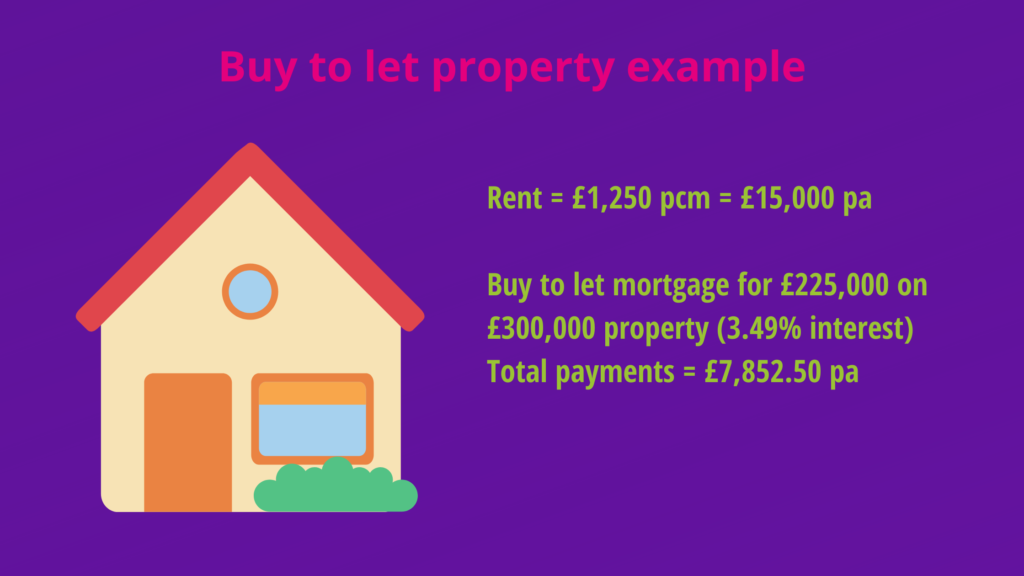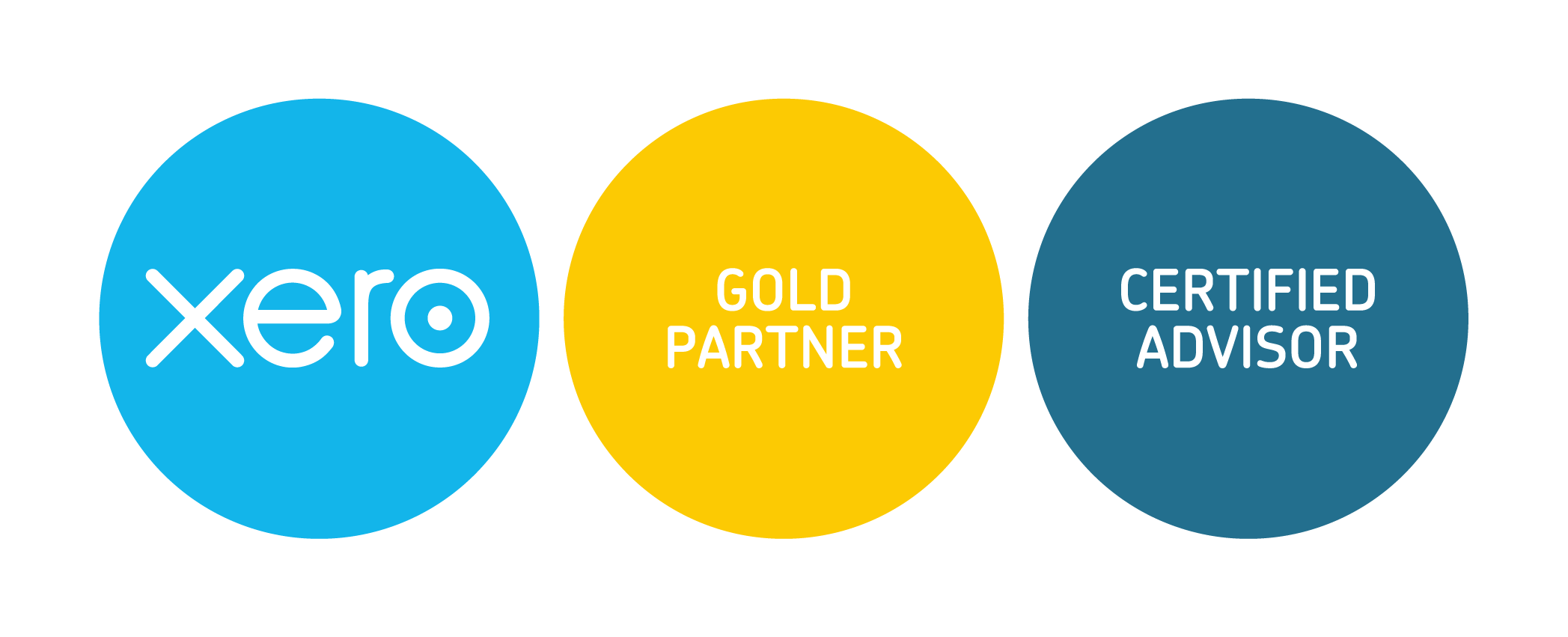

Date posted: 2021-05-05
Last year saw significant changes to income tax relief for landlords. As of April 2020, changes to tax regulations mean landlords have been switching from owning property personally to setting up a limited company for their buy to let portfolio. We’ll take a look at what this might mean for property owners, and how you might go about making the switch.
If you’re nudging the boundary of the higher rate tax band on your personal income, moving your buy to let property into a limited company might be worth doing. You’ll go to paying corporation tax on your profits (at 19%) from paying higher rate income tax at 40%. Let’s go through an example:

This is a really simple example and we’re not going to look at additional costs. As a landlord there are always repairs and expenses that crop up, but the main one is usually mortgage interest.
Taxed as an individual
As an individual owning a buy to let property, tax is calculated on the rental income. If you’re in the 40% tax bracket this will be a whopping £6,000, as you’ll be taxed on the total rent for the year. You are still eligible for basic rate relief (20%) on your mortgage payments, so we can bring the tax bill down slightly to £4,429. When you take this off your total, along with your mortgage fees, you’ll be left with a net profit of £2,718.
Taxed as a limited company
As a limited company you’d be taxed on the profit from your rental income, so you’d take off the mortgage payments to begin with. Then you’d be paying corporation tax at 19% on £7,147.50. This gives you a tax bill of just £1,358, and a net profit of £5,789.50.
Well that looks loads better! Why aren’t we all doing that? Well there’s a little more to making the switch than it first appears.
How do I switch my buy to let property to limited company ownership?
Unfortunately, you can’t just “switch” it over. Swapping from personally owned property to property owned by a limited company is effectively a sale and a purchase, so you’ll be subject to:
- Stamp Duty Land Tax (although the example above would benefit from the current stamp duty holiday)
- Capital Gains Tax (unless you work on the property and it’s more than just an investment)
- Conveyancing Fees
- Early Repayment Charges on your mortgage (if applicable)
This might make moving ownership of your property into a limited company a little less desirable. You’ll have to sell the property to the new company at the open market value.
Capital Gains Tax can be pretty complicated in this scenario. It basically all depends on whether your property is an investment or a business. It’ll be classed as a business if you do everything yourself; vetting tenants, collecting rent, carrying out maintenance. In this case, your property portfolio would be your main source of income and you can benefit from incorporation tax relief.
Your property is considered an investment if you have paid work elsewhere which is your main source of income. And also if you use an agent to manage lettings. This means you will have to pay capital gains tax when you sell the property to your new limited company.
So what next?
Looking at the figures above and taking into account the different taxes, it looks as though owning property through a limited company might be the best way to go. And now might be the time to make the switch – before the stamp duty holiday ends.
If you’ve got any questions about buy to let properties, get in touch. Our experienced tax specialist can help you understand your individual circumstances. We can then help you set up a limited company (if you need to). From there we can help with both personal and company tax returns!

